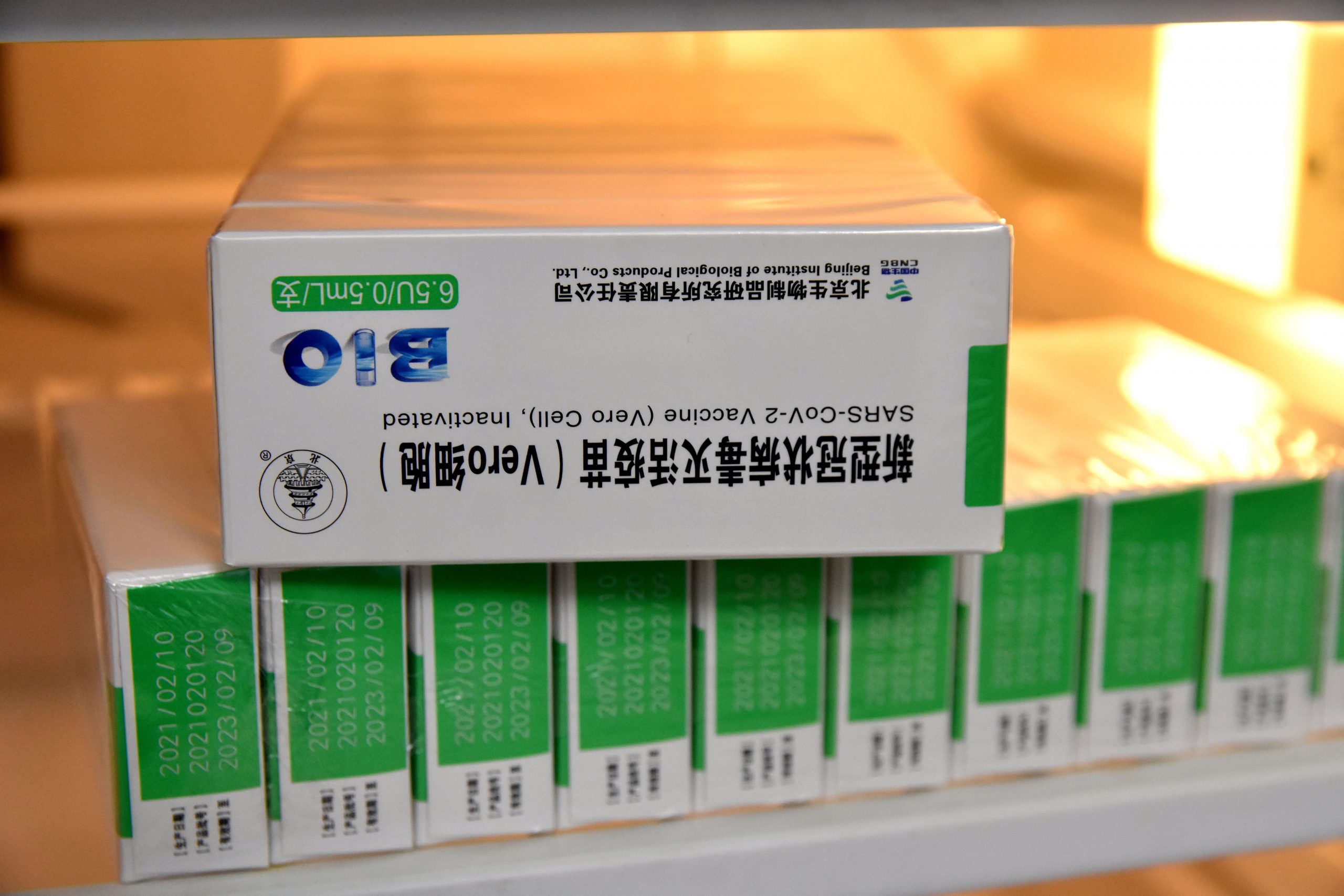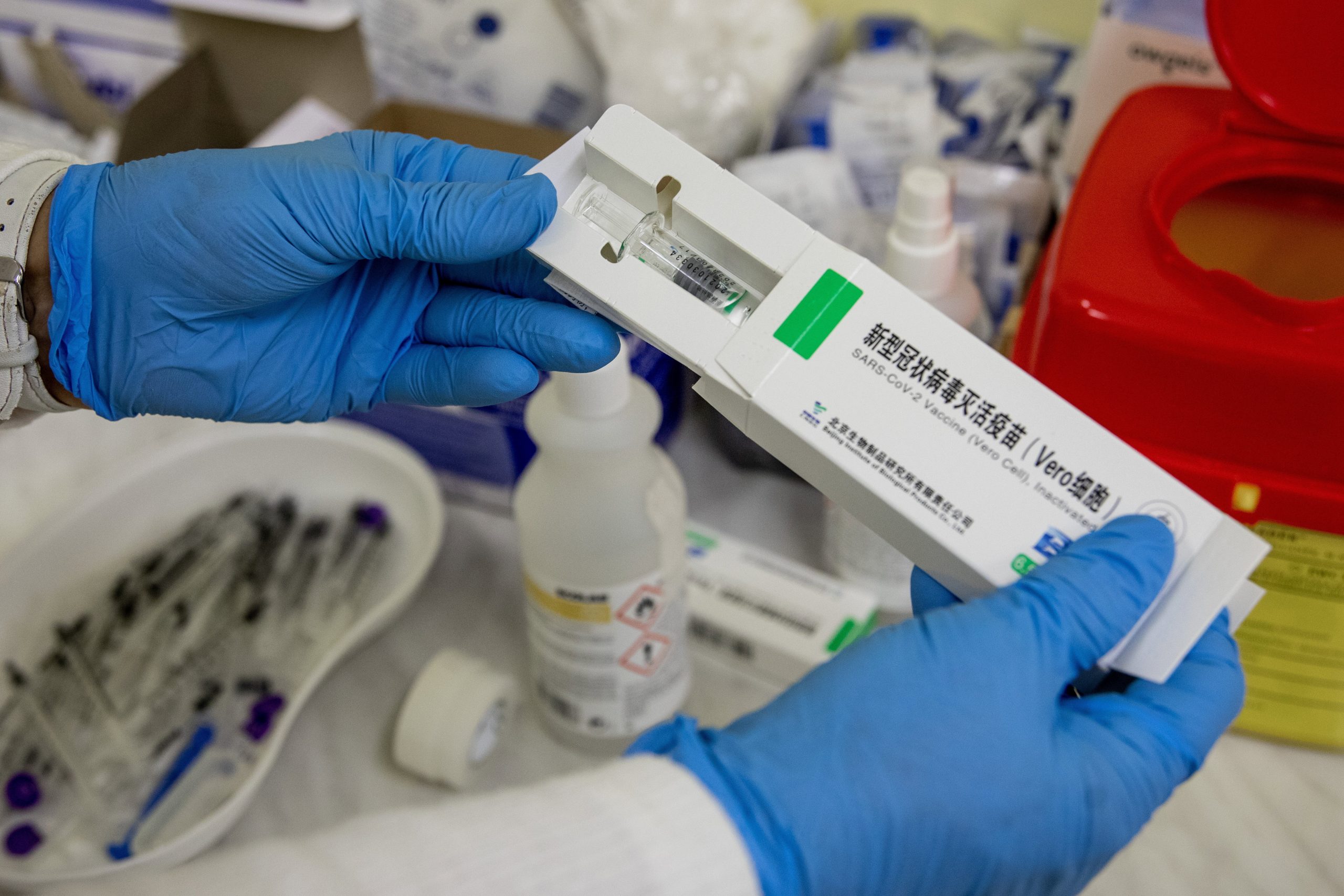
MP Burány said people over the age of 65 in Hungary had come "under pressure" to accept the Sinopharm jab, whereas it was deemed inappropriate for over-60s in other countries.Continue reading

After lengthy legal wrangling, Hungarian authorities have finally released some of the documents created during the licensing procedure for the Eastern vaccines used in Hungary. The records show that Hungarian experts had concerns about the use of both the Chinese Sinopharm and Russian Sputnik V vaccines, news site 24.hu reports. Transparency International Hungary, which obtained the documents in court, pressed charges against Hungary’s food and drug administration authority OGYÉI, as it turns out that the state body withheld several important details from the documents.
The acquired documents include a summary of the experiences gained during factory visits to China and Russia, laboratory tests, reports, expert opinions, risk assessments, and also show that as in Slovakia, authorities in Hungary tested the Sputnik V vaccines on guinea pigs in mid-January.
Moreover, the animal testing took place just two days before the Russian vaccine was granted a temporary authorization by the National Institute of Pharmacy and Nutrition (OGYÉI), while Hungarian experts visited the Russian vaccine factory on January 20th, only a day before the temporary authorization was issued. Many details of the on-site visit report were omitted, including the name of the plant visited and the identity of the investigators.
One day later, on the day the temporary authorization was granted, the Hungarian delegation visited the Russian health surveillance institute where the Russian authorities test the produced vaccines before their distribution. Several parts of the document from this visit have been omitted, but it is clear that the Russian and Hungarian testing methods differ, which raises a number of safety issues.
The risk assessment report notes that the presence of viruses capable of replication in the vaccine component raises serious safety concerns. The response to the latter concern, according to the document, was that each production batch would be tested in the laboratories of the government agencies of the National Public Health Center (NNK) and the National Food Chain Safety Office (Nébih), and if a replicating virus was found in the sample, it would not be used and would have to be destroyed.
Meanwhile, Hungarian experts visited China in mid-January to inspect the production process of Sinopharm vaccines. The vaccine was licensed in Hungary at the end of January following a government decree.
During the on-site inspection, the Hungarian delegation identified fourteen discrepancies, the correction of which was scheduled for March 3rd. For this reason, no certificate of good manufacturing practice (GMP) was issued, which is otherwise a basic condition for the authorization of any medicine in Hungary.
As a large portion of the document is difficult to understand for the layman, 24.hu asked an academic doctor who wanted to remain anonymous.
During the authorization of the Sputnik V vaccine, a number of key studies and expert consultations were carried out. In this case, although the licensing process and the launch of the vaccine were unusual in many respects, the evidence does not suggest the possibility of negligence, the expert told the news site.
On the other hand, the expert told 24.hu that in the case of the Sinopharm vaccine, the licensing and launch of its medical applications was clearly the result of a government decree. At the time of licensing, there was no clear information on either safe manufacturing or widespread, effective, and safe usage, and there were no adequate domestic studies either at the time of licensing or during follow-up.
In particular, there were uncertainties and serious doubts about the suitability for use in the elderly (over 60 years) and in people with comorbidities, yet the vaccine was widely and almost exclusively used in the elderly.
It is for this reason that the authorization and use of the Sinopharm vaccine raises the possibility of serious negligence,” the expert underscored.
Although it is already clear from the document that Hungarian authorities had concerns about the safe usage of Eastern vaccines, several details were still left out to make them unrecognizable, even though the court did not authorize this. Furthermore, the OGYÉI did not once indicate during the trials that they wanted to keep certain data confidential. As the OGYÉI had violated the law by omitting and concealing information, Transparency International Hungary pressed charges for misuse of public information, Miklós Ligeti, legal director of the organization, told 24.hu.
Featured photo illustration by Tibor Rosta/MTI